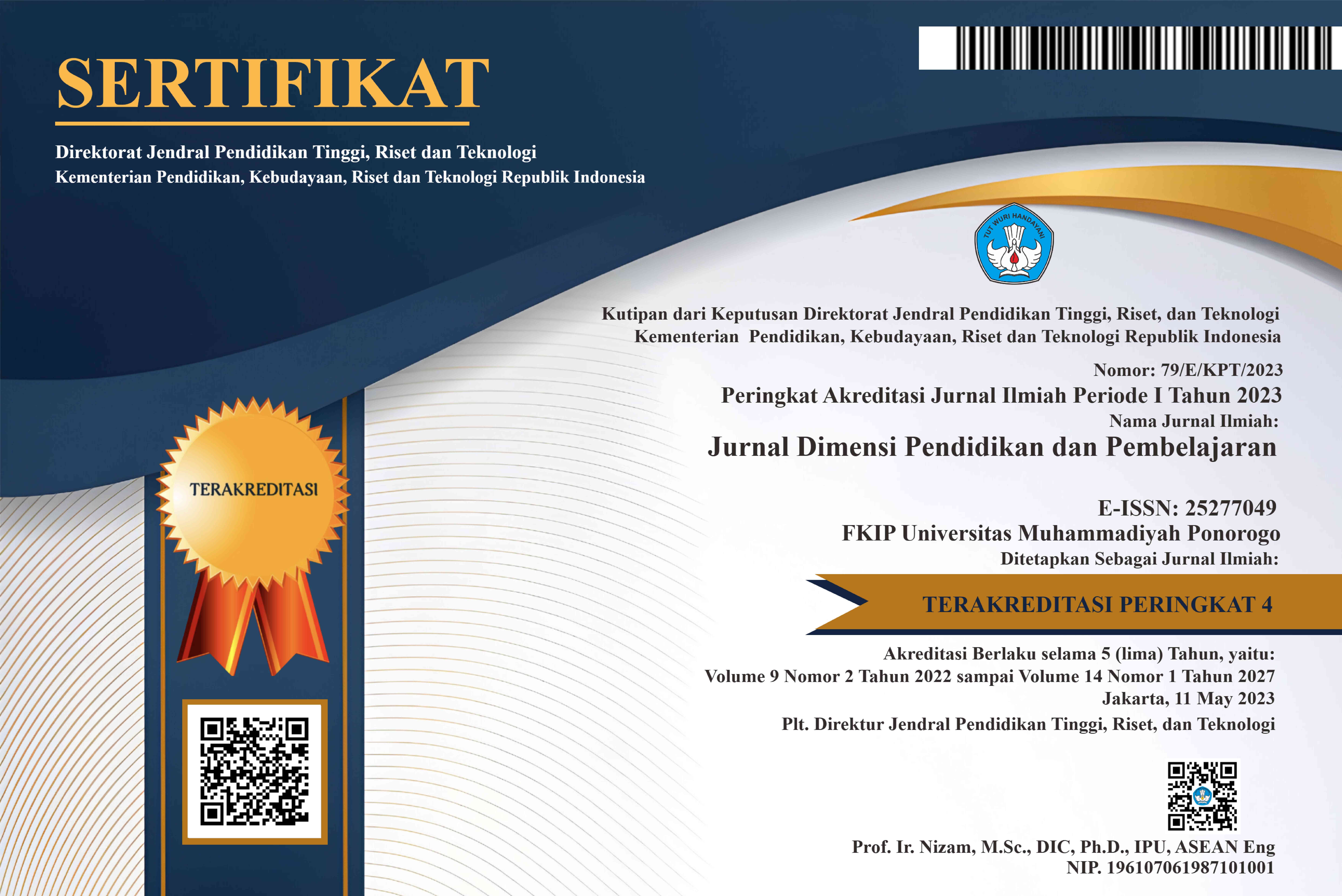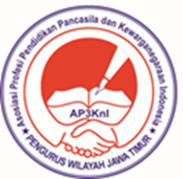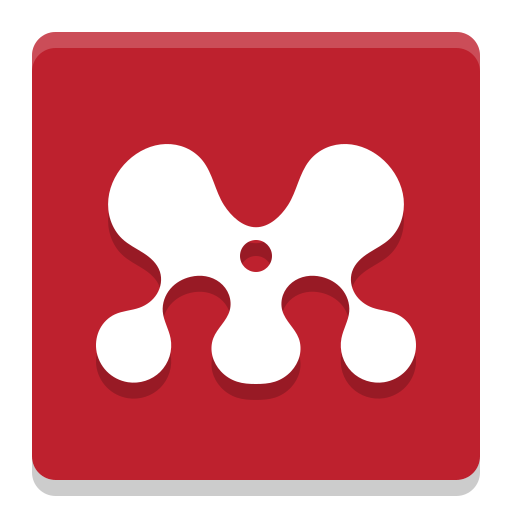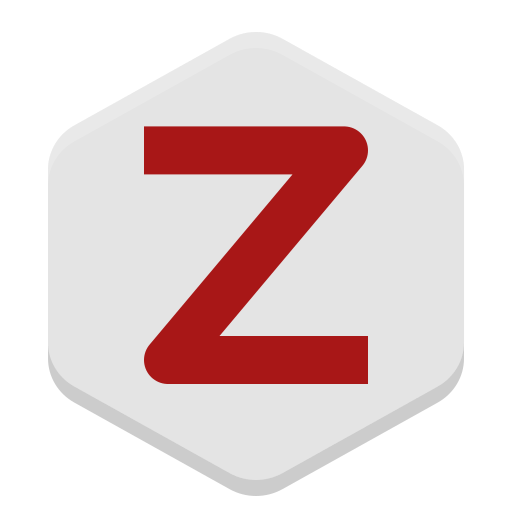The Impact of Education Curriculum Changes on Improving the Quality of Learning at SMAN 1 Sukadana, Ciamis Regency
DOI:
https://doi.org/10.24269/dpp.v13iSI1.11390Abstract
The transition from the 2013 Curriculum to the Merdeka Curriculum in Indonesia represents a significant shift in the educational landscape, aiming to provide greater flexibility and autonomy for schools to adapt teaching to student needs and local contexts. This study examines the impact of this curriculum change at SMAN 1 Sukadana, Ciamis Regency, focusing on its effects on pedagogical approaches, student engagement, and educational outcomes. A quantitative descriptive approach was employed, with data collected through questionnaires distributed to teachers and students. The findings indicate that the adoption of the Merdeka Curriculum has encouraged teachers to implement more innovative and interactive teaching methods, such as project-based and cooperative learning, which have significantly increased student engagement and motivation. However, challenges such as inadequate teacher readiness, resistance to new methodologies, and limited infrastructure were identified as key barriers to effective implementation. These findings align with Kotter's organizational change theory, emphasizing the importance of systematic support, continuous professional development, and collaboration among educators and school leadership to facilitate successful curriculum adoption. The study also applies constructivist learning theory and the ARCS motivation model, demonstrating that student-centered approaches enhance learning experiences and outcomes. Despite its contributions, the study acknowledges limitations in sample size and scope, suggesting the need for further longitudinal research to comprehensively assess the long-term impact of the Merdeka Curriculum across diverse educational settings. The findings provide valuable insights for policymakers and educators in refining curriculum strategies to better support teaching and learning processes.
References
Anggini, P. (2024). Independent Curriculum in Improving the Quality of Education. Education Achievement Journal of Science and Research, 366–373. https://doi.org/10.51178/jsr.v5i2.1872
Ashshiddiqi, M. H., Mayesti, N., Irawati, I., & Rahmi, R. (2024). Pemanfaatan AI dalam Era Kurikulum Merdeka: Perspektif Siswa dan Guru Sekolah Menengah. Jurnal Dimensi Pendidikan dan Pembelajaran, 12(1), 267–278.
Fuaida, R. (2023). Revitalisasi Pembelajaran Di Sekolah Menengah Kejuruan: Studi Kasus Penerapan Kurikulum Merdeka Pada SMK Al-Asyari Bangkalan. Nuris Journal of Education and Islamic Studies, 4(1), 1–15. https://doi.org/10.52620/jeis.v4i1.58
Hanifa, E. (2024). Kesiapan Guru Kimia Dalam Mengimplementasikan Kurikulum Merdeka Di SMA. Edukatif Jurnal Ilmu Pendidikan, 6(1), 956–963. https://doi.org/10.31004/edukatif.v6i1.5913
Husna, A. A. (2023). Analisis Kesulitan Guru Selama Proses Pembelajaran Pada Saat Pergantian Kurikulum 2013 Ke Kurikulum Merdeka Di Sekolah Dasar. Jurnal Basicedu, 7(5), 3018–3026. https://doi.org/10.31004/basicedu.v7i5.5799
Indriani, S. M. (2024). Dampak Perubahan Kebijakan Kurikulum Terhadap Guru. Edukatif Jurnal Ilmu Pendidikan, 6(1), 539–549. https://doi.org/10.31004/edukatif.v6i1.6379
Jannah, R. (2023). Analysis of Educational Curriculum Evolution in Indonesia and Its Impact on Increasing Education Quality. International Journal of Social Service and Research, 3(8). https://doi.org/10.46799/ijssr.v3i8.513
Khairiyah, U., Gusmaniarti, G., Asmara, B., Suryanti, S., Wiryanto, W., & Sulistiyono, S. (2023). Fenomena penerapan kurikulum merdeka dalam pembentukan karakter profil pelajar Pancasila siswa sekolah dasar. ELSE (Elementary School Education Journal): Jurnal Pendidikan dan Pembelajaran Sekolah Dasar, 7(2), 172–178.
Khairunnisa, K., Subroto, W., & Mardiani, F. (2024). Penggunaan Platform Merdeka Mengajar oleh Guru Mata Pelajaran Sejarah di SMA Negeri 10 Banjarmasin. Jurnal Dimensi Pendidikan dan Pembelajaran, 12(2), 185–201.
Khasanah, V. A., & Muthali’in, A. (2023). Penguatan dimensi bernalar kritis melalui kegiatan proyek dalam kurikulum merdeka. Jurnal Dimensi Pendidikan dan Pembelajaran, 11(2), 172–180.
Kotter, J. P. (1996). Leading Change, Harvard Business School Press, Boston. Search in.
Kotter, J. P. (2008). Force for Change: How Leadership Differs From Management. Simon and Schuster.
Mardiana, M. (2024). Implementasi Kurikulum Merdeka Dalam Pembelajaran: Evaluasi Dan Pembaruan. Jurnal Review Pendidikan Dasar Jurnal Kajian Pendidikan Dan Hasil Penelitian, 10(2), 121–127. https://doi.org/10.26740/jrpd.v10n2.p121-127
Marisa, M. (2021). Inovasi Kurikulum “Merdeka Belajar†di Era Society 5.0. Santhet: (Jurnal sejarah, Pendidiikan dan Humaniora), 5(1), 72. https://doi.org/10.36526/js.v3i2.e-ISSN
Natalia, P. R., Padmadewi, N. N., & Utami, I. G. A. L. P. (2024). English Teachers’ Perspective on Feedback in Merdeka Curriculum. Jurnal Dimensi Pendidikan dan Pembelajaran, 12(1), 138–147.
Nurlela, S., Nurasiah, I., & Uswatun, D. A. (2024). Pengembangan Perangkat Pembelajaran Berbasis Model Problem Based Learning (PBL) dengan Menggunakan Media Wayang Sukuraga. Jurnal Dimensi Pendidikan dan Pembelajaran, 12(2), 307–322.
Rahayu, R., Iskandar, S., & Abidin, Y. (2022). Inovasi Pembelajaran Abad 21 dan Penerapannya di Indonesia. Jurnal Basicedu, 6(2). https://doi.org/10.31004/basicedu.v6i2.2082
Rahayu, R., Rosita, R., Rahayuningsih, Y. S., Hernawan, A. H., & Prihantini, P. (2022). Implementasi Kurikulum Merdeka Belajar Di Sekolah Penggerak. Jurnal Basicedu, 6(4), 6313–6319. https://doi.org/10.31004/basicedu.v6i4.3237
Rahmadhani, P., Widya, D., & Setiawati, M. (2022). Dampak Transisi Kurikulum 2013 Ke Kurikulum Merdeka Belajar Terhadap Minat Belajar Siswa. Jupeis Jurnal Pendidikan Dan Ilmu Sosial, 1(4), 41–49. https://doi.org/10.57218/jupeis.vol1.iss4.321
Setioyuliani, S. E. P. (2023). Permasalahan Kurikulum Merdeka Dan Dampak Pergantian Kurikulum K13 Dan Kurikulum Merdeka. Pedagogika Jurnal Ilmu-Ilmu Kependidikan, 3(2), 157–162. https://doi.org/10.57251/ped.v3i2.1123
Sianipar, D. R., Damanik, A. R., Simatupang, A. G., Tarigan, S. P., Rozzaqiyah, Z., Sitepu, I. B., & Nasution, I. (2023). Implementasi Evaluasi Program Pendidikan di Tingkat Sekolah Menengah. Jurnal Pendidikan dan Konseling (JPDK), 5(3), 161–168.
Suryadi, I., & Anwar, S. (2024). Realitas Virtual dan Polarisasi Agama: Menelaah Pengaruh Media Sosial di Indonesia. Al-Balagh: Jurnal Komunikasi dan Penyiaran Islam, 1(1), 41–56.
Tampubolon, A. (2024). Problematika Pergantian Kurikulum Mengakibatkan Guru Kesulitan Menyesuaikan Konsep Pembelajaran PKN Di Sekolah Dasar. PGSD, 1(3), 12. https://doi.org/10.47134/pgsd.v1i3.545
Usmeldi, U. (2019). The Effect of Project-Based Learning and Creativity on the Students’ Competence at Vocational High Schools. https://doi.org/10.2991/ictvet-18.2019.4
Zainurrofiq. (2023). Implementasi Kurikulum Merdeka Dalam Upaya Meningkatkan Minat Belajar Siswa Di MA.MAMBAUL Ulum Bata-Bata. Creativity, 1(2), 96–102. https://doi.org/10.62288/creativity.v1i2.11
Zumrotun, E. (2024). Peran Kurikulum Merdeka Dalam Meningkatkan Mutu Pendidikan Di Sekolah Dasar. Ideguru Jurnal Karya Ilmiah Guru, 9(2), 1003–1009. https://doi.org/10.51169/ideguru.v9i2.907
Downloads
Published
Issue
Section
License
Copyright
Authors who publish their manuscripts in this journal agree to the following terms:
- The copyright on each article belongs to the author.
- The author acknowledges that Jurnal Dimensi Pendidikan dan Pembelajaran has the right to be the first to publish under a Creative Commons Attribution 4.0 International (Attribution 4.0 International CC BY 4.0) license.
- Authors may submit articles separately, arranging for the non-exclusive distribution of manuscripts that have been published in this journal to other versions (e.g., sent to the author's institutional repository, publication into books, etc.), acknowledging that the manuscript was first published in the Jurnal Dimensi Pendidikan dan Pembelajaran.
Â
License
Use of the article will be governed by the Creative Commons Attribution license as currently published under the Creative Commons Attribution 4.0 International License (Attribution 4.0 International (CC BY 4.0).
Â
This license permits anyone to copy and redistribute this material in any form or format, compose, modify, and make derivatives of this material for any purpose, including commercial purposes, as long as they give credit to the author for the original work.


_001.jpg)



